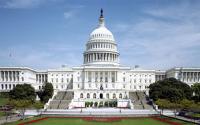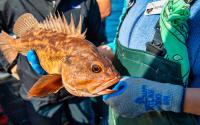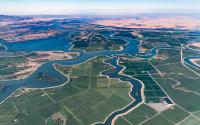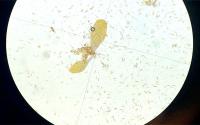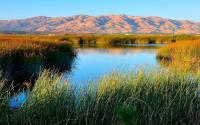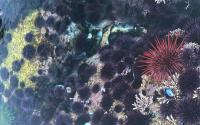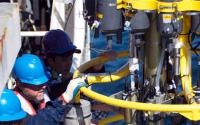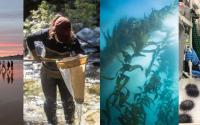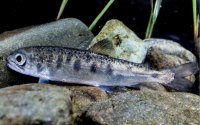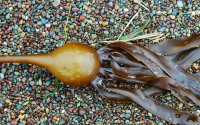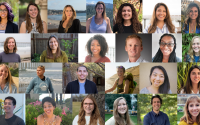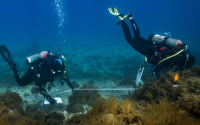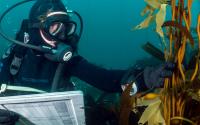Breadcrumb
News archives
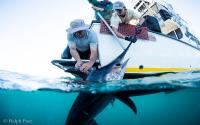
Scientists study Pacific swordfish ecology for sustainable management
The swordfish industry is big business. By studying the genetics and movements of swordfish, scientists have begun to address important management questions for this elusive resource.
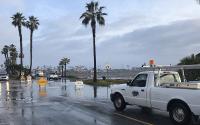
New Guide to Help Communities Plan For Sea Level Rise
As sea levels rise across the globe, preparation is critical for coastal communities that face increased flooding, eroding beaches and threats to critical infrastructure.
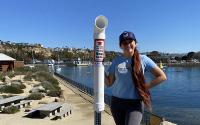
Reducing fishing line pollution one recycling bin at a time
California Sea Grant's NOAA Marine Debris Program Extension Fellow recently facilitated the addition of 50 new bins.
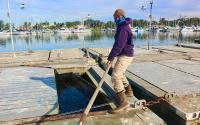
California’s sardines aren’t growing as large in warming oceans
Climate change sardines may impact fisheries and food webs.
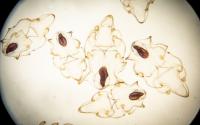
Baby sea stars and urchins reveal insights for kelp forest restoration
The tiniest of creatures are helping Sea Grant-funded scientists solve one of the biggest problems in the kelp forest crisis.

How math is helping restore bull kelp forests
By Gina Contolini, Kelp Management Extension Fellow, California Sea Grant
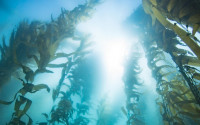
Can kelp ecosystems act as climate refugia for those seeking safety?
With the increasing pressures that climate change is exerting on kelp forests, researchers are looking into whether kelp forests can act as "climate refugia"—places where animals and plants can escape damaging impacts.
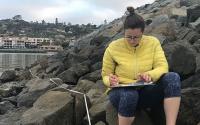
New study measures contaminant levels in feral San Diego Bay oysters
Pacific oysters are colonizing the San Diego Bay coastline, and new research shows that they may not always be safe to eat
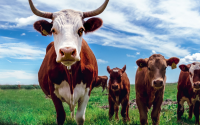
Gassy cows are warming the planet, and scientists are turning to the sea for answers
Feeding native California seaweeds to cows could reduce their methane emissions
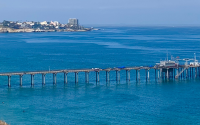
California Sea Grant welcomes Lian Guo as the new Research Coordinator
Lian Guo joins the team at California Sea Grant, which is based at Scripps Institution of Oceanography at UC San Diego.
